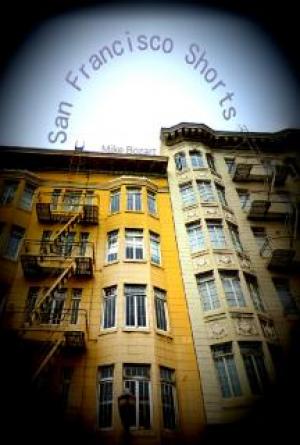
4
The
Almighty
Sprug
Gulliver’s eyewitness
account of the quaint
economy of Lilliput
Published by:
Richard J. Wilson JD 2011
All rights reserved
Introduction

Capt. Lemuel Gulliver
The Almighty Sprug
Captain Gulliver’s eyewitness account
of the quaint economy of Lilliput
Ye know me as Capt. Gulliver in Jonathan Swift’s famous book of Gulliver’s Travels. His book made me rich; and the story of my voyage to the remote Pacific Islands of Lilliput and Blefuscu made me famous. The good Dean gave word for word my description of the islands, and its people and much of their quaint political behavior. He told how the inhabitants were very tiny, hardly reaching to my ankle, but were very industrious, intelligent, and hard working.
And he accurately observed that they were evenly divided into two political parties – the High Heels who strongly argued a soft boiled egg must always be opened on the pointed end – and the Low Heels who strongly argued it should only be opened on the round end. And he described in detail the intrigues and infighting that ensued from this major political difference.
But to my great disappointment the good Dean completely left out my report of the quaint economy of Lilliput. His excuse was that nobody would believe a modern society would worship its money as a living God, and certainly such a report could not be included in a book published by a frocked Dean of The Church of England. So I didn’t press the point and was just happy to have my other reports published.
However, as time passed, I found my reminisces of the quaint economy of Lilliput and the joys, problems, and infighting between the High Heels and Low Heels over the economy was probably the most interesting thing I witnessed in all my voyages. So I have written this brief account while it is still fresh in mind in the hope that in future it will be found by someone settling my estate and be published.
I’ll start in the beginning with how I arrived on the islands of Lilliput, and the resources of the islands, and then describe how the Lilliputians began worshipping their money as a God, reorganized their economy into a theocracy directed by it, and then describe what it was like to live in a society ruled by the Anointed of the “invisible hand” of The Almighty Sprug.
My account, however, will only make sense if you look at things as I did from the point of view of the little people. Remember, they didn’t have the advantage we have of using a sophisticated secular monetary system backed by gold and silver and run by a brilliant Chancellor of the Exchequer, for on their islandS there was not a scrap of rare metal.
Part I

Capt Gulliver’s manuscript
with maps of Lilliput and Blefuscu
Chapter 1
The Potential
Gardens of Eden
I chanced upon the islands of Lilliput and Blefuscu in June of 1699 while on what should have been an uneventful voyage from Tahiti to the north coast of Australia delivering 200 transportation prisoners. In a sudden and unexpected typhoon, as they called such Pacific storms, I lost my ship with all hands and all prisoners. Fortunately, the last person to abandon ship, I got tangled in a bunch of empty wine skins that acted as bladders and miraculously kept me afloat.
Apparently I was carried ashore by wind and tide to what turned out to be the uncharted Island of Lilliput. When I revived the next morning, I found myself tied down by hundreds of very tiny threads, and held prisoner by a huge mob of very tiny people. One islander was standing on my chest, and he weighed so little he felt like a mouse.
When the little people found I wasn’t dangerous, they set me free, and, on my first walk about, I found Lilliput to be a blessed place. It had warm gentle breezes, regular soft rain common to the South Pacific, and I discovered that the island’s rich volcanic soil and the hard work of the people easily yielded two and, in some leeward areas, as much as three annual harvests. In all respects Lilliput had the potential of being a virtual Garden of Eden.
Later I learned that Scripture in their Holy Book confirmed that the Lilliputians had indeed once lived in a Garden of Eden. But, unfortunately, by the time I arrived, their society had become a struggle for survival. A few lived like emperors, a small middle class prospered, and the lower class struggled to keep food on their table and a roof over their heads.
But the strange thing was the tin










